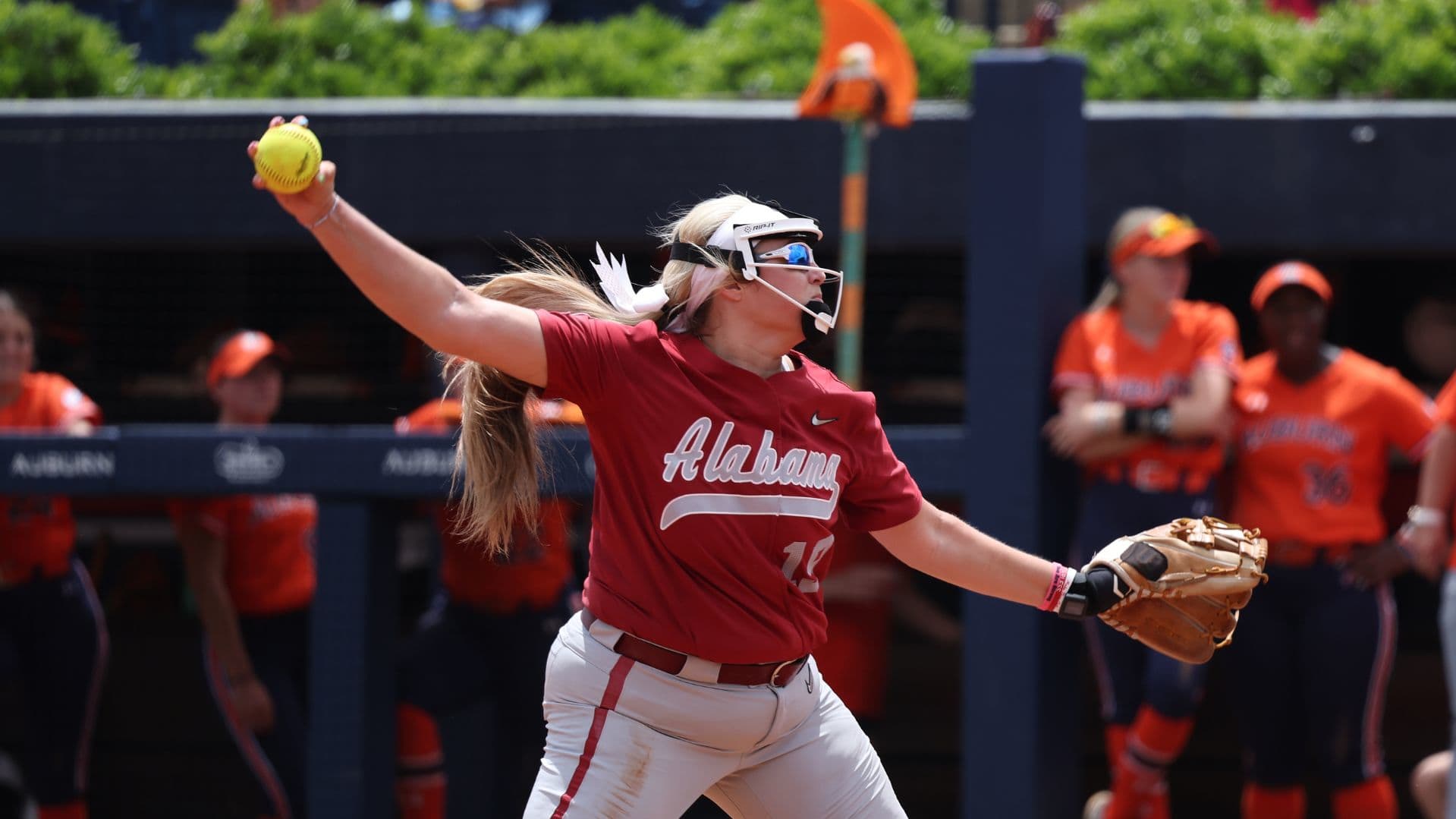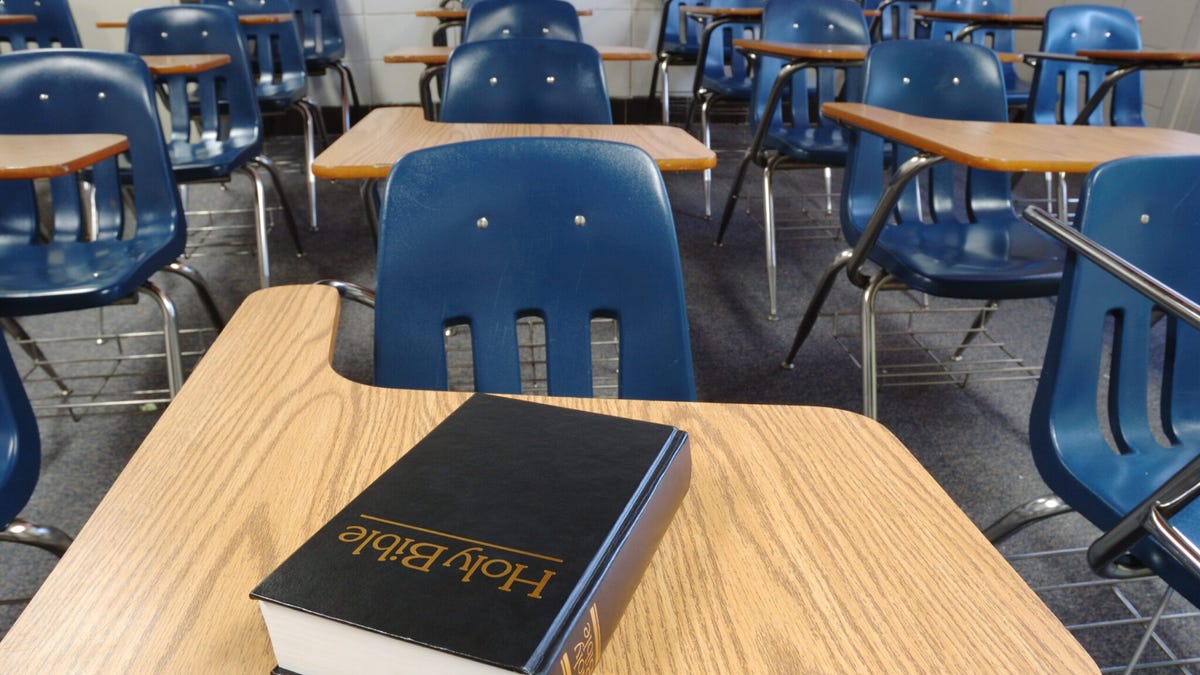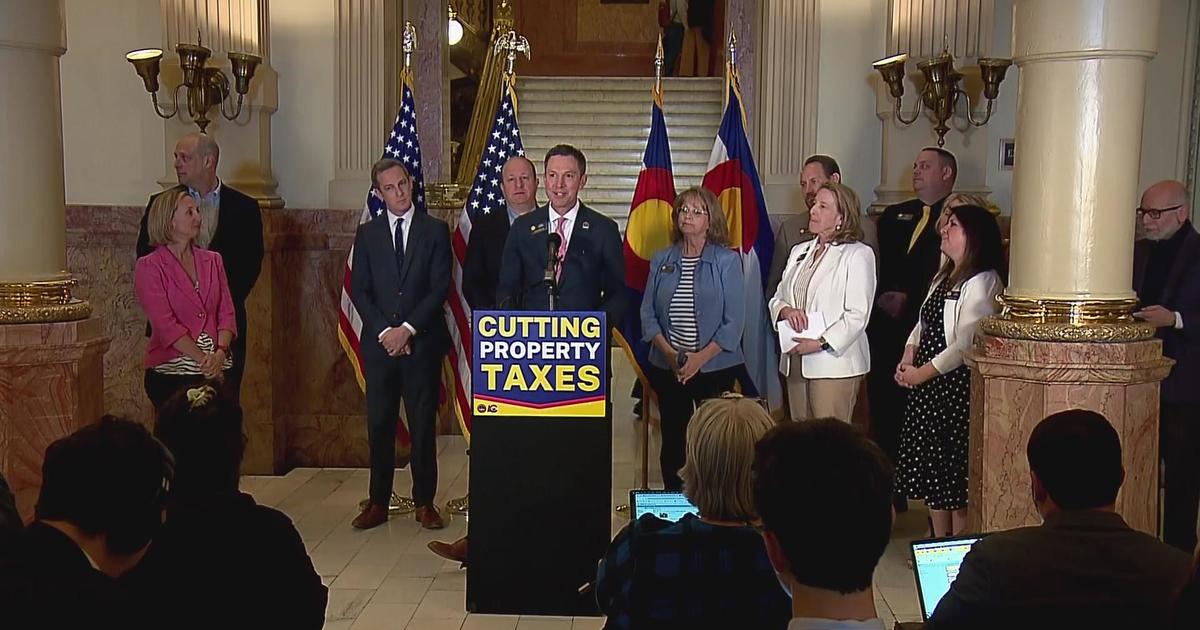Alabama
Alabama Senate approves bill providing due process for public school students • Alabama Reflector

The Alabama Senate Thursday approved legislation creating a uniform suspension and expulsion process for public K-12 students.
HB 188, sponsored by Rep. Terri Collins, R-Decatur, extends due process to children in the school disciplinary system. The bill passed 32-0.
“They are the only body that did not have due process,” said Sen. Rodger Smitherman, D-Birmingham, after the Senate adjourned. “You and I are grown people. We have due process all the way through the legal system.”
GET THE MORNING HEADLINES DELIVERED TO YOUR INBOX
Smitherman said that some places had their own due process, but this creates an “equalizing baseline system.”
The Senate was originally supposed to take up Smitherman’s version of the bill, but he said that Collins’ bill reflects the concerns of interested parties.
Smitherman filed a version of the bill last year, but it failed on the Senate floor. Collins also filed a version of the bill last year, but representatives and speakers at a public hearing shared concerns about demographics and anonymity.
The bill was altered throughout the 2024 session.
“We finally got there,” said Smitherman after the Senate adjourned. “It’s just sometimes it takes a while. You know how the cake sometimes don’t want to rise up? But we were able to put enough yeast in this cake, to get it up to where it was supposed to be. And now I think it’s going to be something that people are going to enjoy all around the board.”
Under the legislation, the principal or the principal’s designee would be able to consider the age of the student, disciplinary history of the student, seriousness of violation or behavior or whether a lesser intervention would suffice in considering punishment. .
Before a recommendation for long-term alternative school placement, long-term suspension or expulsion, a local board would need to provide a disciplinary hearing. The disciplinary hearing would be held within ten days after the initial suspension, if the parent or guardian responds, unless there is good cause or agreement between the parties.
The student could be represented by legal counsel or another advocate of the student’s choice at the student’s expense. The student, representative and parent or guardian would be able to review any evidence five days prior to the hearing. Representatives of the school will present evidence at the hearing.
The student, parent/ guardian or representation may present a defense, question present adverse witnesses offering testimony, offer testimony from witnesses (excluding students under 14), offer written statements and present other documentary, audio or video evidence. Witness anonymity is protected, and witnesses cannot be compelled to testify.
The legislation also requires a “reasonable written notice” to the student and parent or guardian with a statement of a time, place and nature of the hearing, as well as a short statement outlining the alleged violation, with the provision of state law or student conduct violated and recommended disciplinary action.
It would also need to include a statement outlining the rights of the student at the hearing and an optional hearing waiver indicating that the parent or guardian assents to the alleged violation and any recommended action. If a parent or guardian did not respond to the notice, the hearing would be waived.
The local board of education will provide an electronic or written record of the hearing to each party in the hearing, upon request.
The student and his or her parent or guardian would be notified of the decision within five days of the hearing with a written record and instructions on the appeal process.
The bill passed with little discussion on Thursday with only Sen. Larry Stutts, R-Tuscumbia, asking about language for “per incident.”
Jerome Dees, Alabama policy director of the Southern Poverty Law Center Action Fund, said in a statement Thursday that the law was an acknowledgment that student rights “do not stop at the school door.”
“While there is still more work to be done to address the “school-to-prison” pipeline in Alabama, especially for Black and Brown students, this is a major step in the right direction,” Dees wrote.
The bill will go back to the House of Representatives for concurrence in Senate changes or a conference committee.

Alabama
Creation of Challenger Learning Center in Rainbow City, Alabama, gets $2.4M boost – Alabama News Center

Alabama
Opinion | Alabama Court denies IVF rehearing, uncertainty persists

The Alabama Supreme Court’s recent ruling, declaring embryos as children under the law, has ignited a firestorm of controversy, and rightfully so. This decision not only lacks scientific basis but also reflects a troubling intrusion of religious ideology into legal matters, raising serious concerns about reproductive rights and healthcare in the state.
Let’s dissect the ruling. Embryos, in the context of in vitro fertilization (IVF), are a far cry from fully formed children. They are clusters of cells with the potential for life, but to legally and morally equate them with born children or gestating fetuses is a stretch beyond reason. This classification stems from a particular religious viewpoint, one that doesn’t align with the diverse beliefs of our society or the principles of medical science.
The defendants in the original lawsuit, The Center for Reproductive Medicine and the Mobile Infirmary, had petitioned the justices to reconsider the issue. Additionally, The Medical Association of the State of Alabama and the Alabama Hospital Association filed a brief supporting the request for a rehearing of the February decision. They emphasized that despite the resumption of IVF services, the ruling continues to cast a shadow of uncertainty over the medical community.
However, the Alabama Supreme Court on Friday declined to grant a rehearing on what has become its most contentious ruling of the year. This ruling, issued in the case of James LePage, et al. v. The Center for Reproductive Medicine and Mobile Infirmary Association, deemed frozen embryos to be akin to unborn children under state law.
The practical implications of this decision are dire. IVF clinics, vital lifelines for many hopeful parents, were forced to halt operations out of fear of legal liability. Patients who rely on these clinics for their chance at parenthood found their dreams dashed, all due to a ruling that prioritizes ideology over the well-being of individuals and families.
While the Alabama State Legislature attempted to remedy the situation with a hastily drafted law, the underlying issues remain unresolved. The fact that the Supreme Court denied a rehearing on this matter speaks volumes about the entrenched nature of its stance, despite dissenting voices within the court itself.
Justice Will Sellers, in his dissenting opinion on the rehearing, aptly pointed out the far-reaching ramifications of the original ruling. It’s not just about the immediate parties involved in the case; it’s about the broader community affected by the court’s decision. By failing to consider the voices of those impacted and rushing to a judgment based on dubious grounds, the court has done a disservice to the very people it’s meant to protect.
“This case has removed us from any notion of ivory-tower isolation and has subjected us to the scrutiny of world opinion, thrusting us into a public discussion that was as unwarranted as it was unanticipated,” Sellers wrote.
“While many of our opinions have unintended consequences, oftentimes such consequences nevertheless are foreseeable because our decisions impact others who, although they were not parties to the case, were generally aware of the potential repercussions of a reasonable decision. In this case, our decision was a surprise, if not a shock, to our citizens.
“The majority opinion on original submission had significant and sweeping implications for individuals who were entirely unassociated with the parties in the case. Many of those individuals had no reason to believe that a legal and routine medical procedure would be delayed, much less denied, as a result of this Court’s opinion.”
Sellers noted the case’s effect on others not involved in the case, writing that he “would have granted the request to conduct oral argument on the applications for rehearing, including providing …. an opportunity to voice their concerns, to explain the legal bases of their positions, and to highlight the various loose ends left dangling by this Court’s opinion.”
The failing of the original opinion, Sellers argued, left those affected by the original ruling with no legal recourse.
“Because those individuals never had an opportunity to submit briefs in this case to explain their positions and the law supporting them, they now have a new regime that has been forced upon them for which they had neither input, nor redress, nor a hearing,” he wrote.
“The majority opinion on original submission also addressed issues and arguments that were never raised in the parties’ initial briefs and never argued by the parties.”
At its core, this issue is about bodily autonomy and individual freedom. Women should have the right to make decisions about their own bodies and reproductive choices without undue interference from the government or religious doctrines. To deny them this fundamental right is to undermine the principles of liberty and equality that form the bedrock of our society.
In a free and just society, we must ensure that the law respects the autonomy and dignity of every individual. The Alabama Supreme Court’s ruling falls short of this standard, and it’s high time for a course correction that upholds the rights and freedoms of all citizens, regardless of their religious beliefs or personal circumstances.
Alabama
Alabama Softball Opens the SEC Tournament Against the LSU Tigers

The Alabama Crimson Tide softball program earned the ninth seed in the upcoming Southeastern Conference Tournament after losing the season finale series to the Auburn Tigers. Alabama finishes the year 33-16 but was only able to muster a 10-14 conference record.
The Crimson Tide will play in the opening game on Wednesday against the eighth-seeded LSU Tigers at 10 a.m. CT at the Auburn’s Jane B. Moore Field.. The game will be televised on the SEC Network.
Wednesday’s meeting will be the first meeting of the season between Alabama and LSU as the programs weren’t on each other’s regular season schedule. The Tigers turned in a 38-14 record and went 12-12 in the SEC. The Bayou Bengals were an impressive 28-7 at home this season but was just .500 on the road, proving how difficult it is to win on the road in the SEC.
Alabama is going for its seventh SEC tournament title emerging victorious in 1998, 2003, 2005, 2010, 2012 and 2022.
The Tide and Tigers have faced off 12 times in the SEC Tournament with each program winning six each. Alabama last played and defeated LSU 5-4 in the 2010 tournament championship game.
The winner of Alabama and LSU’s matchup will advance to the quarterfinals where they’ll face No. 1 seed Tennessee on Thursday at 10 a.m. CT. The tournament opens on Tuesday with 12-seeded Kentucky taking on 13-seeded Ole Miss at 6 p.m. CT.
-

 News1 week ago
News1 week agoBoth sides prepare as Florida's six-week abortion ban is set to take effect Wednesday
-

 Politics1 week ago
Politics1 week agoColumbia University’s policy-making senate votes for resolution calling to investigate school’s leadership
-

 Politics1 week ago
Politics1 week agoGOP Rep. Bill Posey won't seek re-election, endorses former Florida Senate President as replacement
-

 World1 week ago
World1 week agoBrussels, my love? MEPs check out of Strasbourg after 5 eventful years
-

 World1 week ago
World1 week agoRussian forces gained partial control of Donetsk's Ocheretyne town
-

 Politics1 week ago
Politics1 week agoHouse Republicans brace for spring legislative sprint with one less GOP vote
-

 World1 week ago
World1 week agoAt least four dead in US after dozens of tornadoes rip through Oklahoma
-

 Politics1 week ago
Politics1 week agoAnti-Trump DA's no-show at debate leaves challenger facing off against empty podium




















